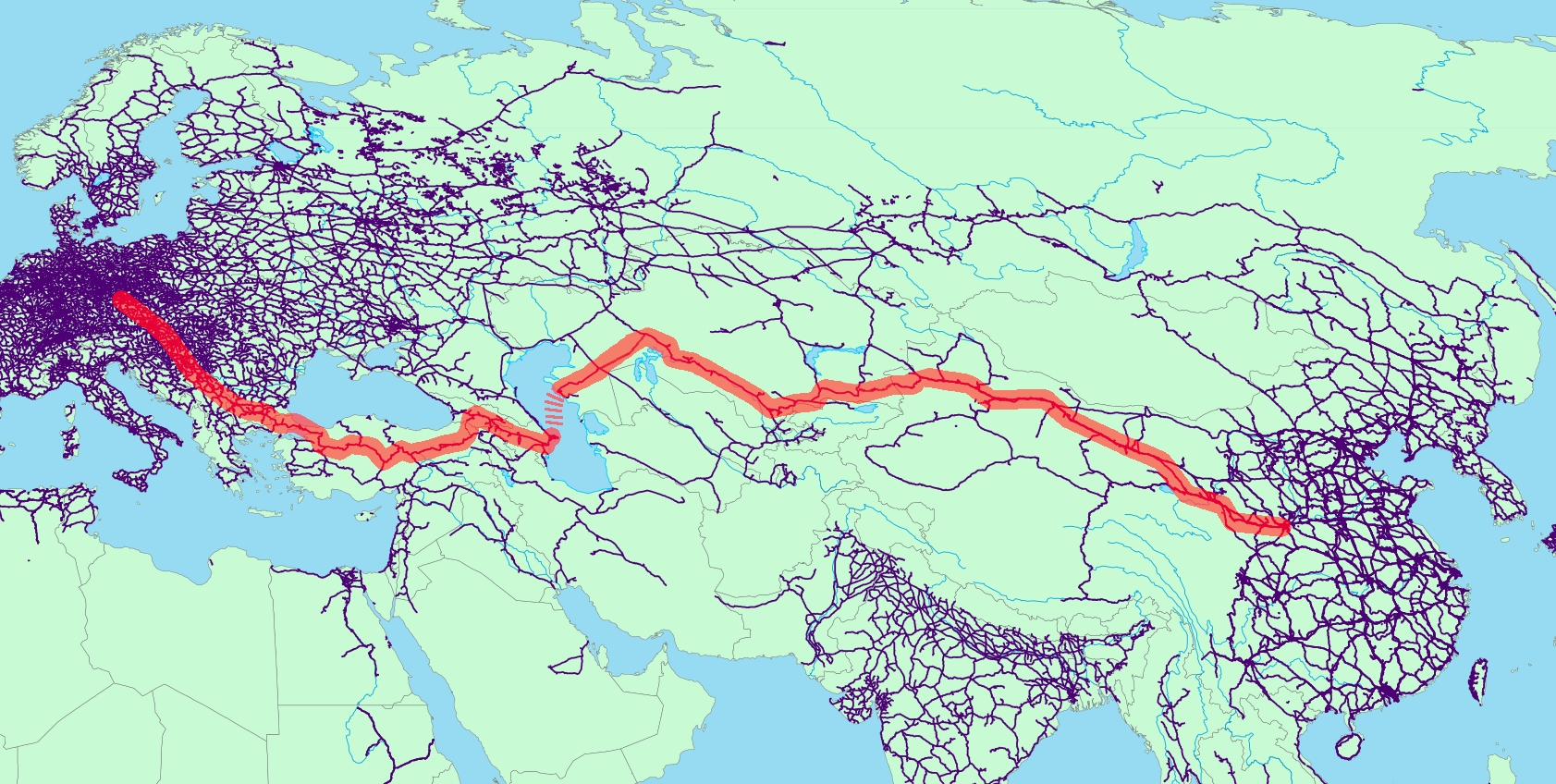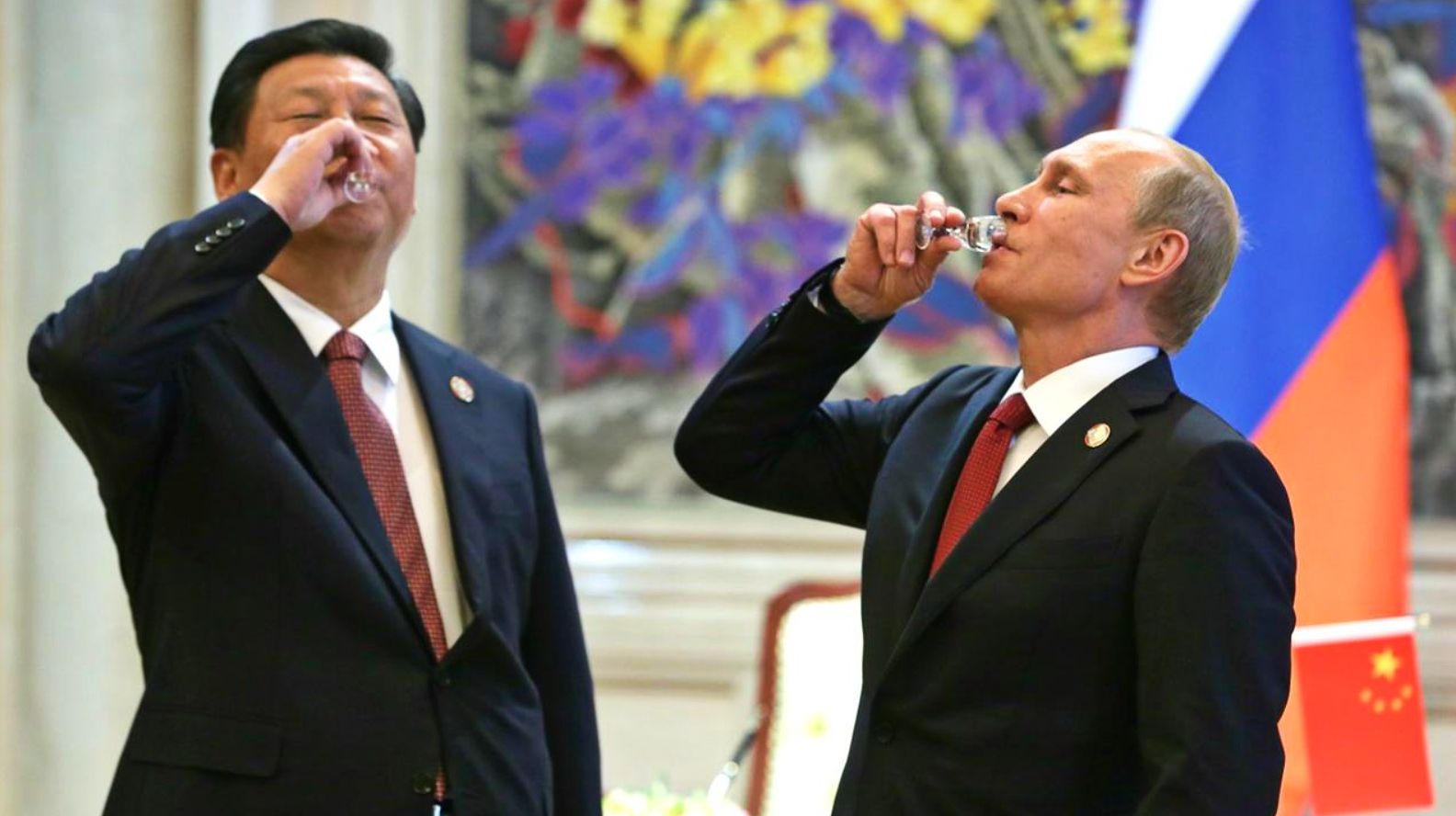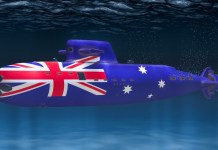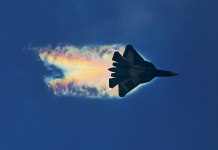At the latest NATO Summit, China’s role in supplying aid to the Russian military in its war against Ukraine became a major talking point. In no ambiguous words, NATO leaders said China is a “decisive enabler” of Russia’s war against Ukraine.
Besides accusing China of supplying military aid to Russia and fuelling what is described as the largest war in Europe, NATO is also mulling reclaiming certain Chinese-owned infrastructure projects in Europe, as per a CNN report that cited unknown officials familiar with the matter.
The West’s warning of Beijing’s support for Russia’s invasion of Ukraine, coupled with the greatest land battle in Europe since World War II, have caused NATO countries to view those investments, which were once considered a boon for financially slumped Europe, as threats & liabilities.
As a result, the allies are reportedly starting to contemplate ways to recapture some of those projects, the sources told CNN. In fact, one official said that the concern among NATO allies is that if the crisis worsens and the conflict expands to involve NATO states, Beijing might use the infrastructure it possesses in Europe to give Russia material support.
According to these officials, the objective is to determine a course of action well in advance of any prospective conflict. However, this essentially means that NATO could be looking at ways to jeopardize China’s ‘Belt and Road Initiative.’
Under the Belt & Road Initiative, which European countries started enlisting in 2013, China has sponsored tens of billions of dollars in infrastructure upgrades, ranging from ports in the North and Baltic Seas to rail links connecting Eastern Europe to China.
Three officials involved in the talks said that the talks on taking infrastructure measures are still in their early stages and that the NATO member nations have shown various degrees of involvement. A NATO diplomat proposed that the US, which is leading the discussions, pursue them on a bilateral basis to obtain the required support.

A NATO official said that if a war erupted, the infrastructure “would almost certainly be nationalized, or nations would temporarily assume operating control, under emergency security measures. China can sue them in court after the fact.”
In the wake of Russia’s invasion of Ukraine in 2022, European nations forced Russia to sell assets. US officials see this as a precedent for similar takeovers or sales with respect to China. According to a senior US official, high-tech concerns like quantum computing, semiconductors, and telecom infrastructure have also entered the conversation.
These discussions come as NATO has accused China of providing military support to Russia, defying all warnings. China has, however, refuted these claims.
NATO Is Chastising China For Aiding Russia
Hardening NATO’s stance against Beijing, the leaders of the alliance also issued a joint communiqué saying China’s “stated ambitions and coercive policies continue to challenge our interests, security and values” and said the “deepening” Russo-Chinese alliance was working “to undercut and reshape the rules-based international order.”
In recent months, officials in the US and Europe have accused China of using the export of dual-use commodities to support Russia’s weapons industry. Beijing insists it maintains tight restrictions on such commodities and has denied sending weapons.
The latest communique comes weeks after Stoltenberg said China is undermining its interests and ideals. The NATO Chief has been emphasizing that Beijing providing aid to Moscow would be responsible for igniting the worst crisis in Europe since World War II.
Stoltenberg said China has falsely taken a back seat in the Ukraine War even though it was supplying aid to Russia, a move vociferously opposed by the NATO Alliance. “Publicly, President Xi has tried to create the impression that he is taking a back seat in the conflict in Ukraine. To avoid sanctions and keep trade flowing. But the reality is that China is the largest armed conflict in Europe since World War Two. And at the same time, it wants to maintain good relations with the West.” “Well, Beijing cannot have it both ways.”Without providing evidence to back his allegations.”
Stoltenberg said that NATO needed to impose a cost on China unless it changed its ways. “At some point – and unless China changes course – Allies need to impose a cost.”

The reclaiming of infrastructure could likely be that cost. The latest communique comes at a time when the NATO alliance, which has traditionally placed a greater emphasis on security in North America and Europe, has increased its engagement with US allies in Asia in recent years. It has come to view the region’s security as linked to its own, even though member nations have pursued different approaches to China.
Despite the accusations hurled by NATO, China has asserted its neutrality in the war and attempted to position itself as a possible peace broker.
In a strong rebuke to the accusations, China said that the communique was biased and an attempt at sowing discord. Chinese foreign ministry spokesperson Lin Jian told a regular press briefing, “On the Ukraine crisis, NATO hyped up China’s responsibility. It makes no sense and comes with malicious intent.”
“We urge NATO to reflect on the root cause of the crisis and what it has done and take concrete action to de-escalate rather than shift blame,” Lin added.
Further, the spokesperson emphasized, “China’s core position on the Ukraine issue is to promote peace talks and political settlement, which has been widely recognized and appreciated by the international community.”
China has yet to comment on the CNN report about a possible NATO effort to reclaim BRI projects. Nonetheless, China has continued to assert that NATO was operating from a Cold War mentality.
- Contact the author at sakshi.tiwari9555 (at) gmail.com
- Follow EurAsian Times on Google News




